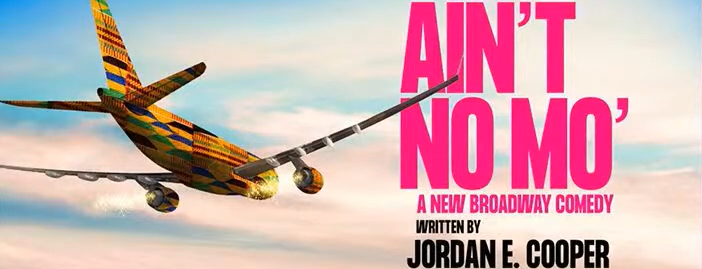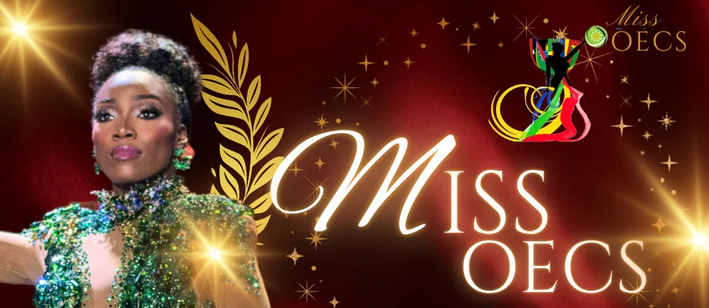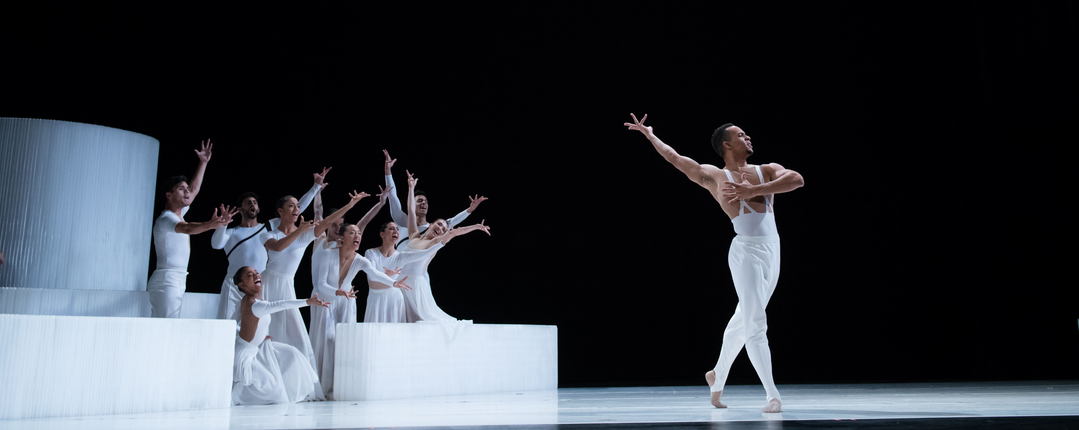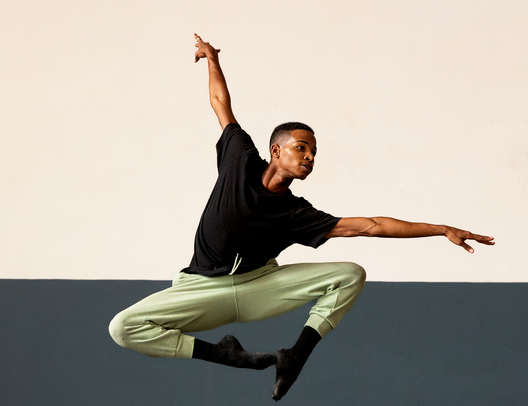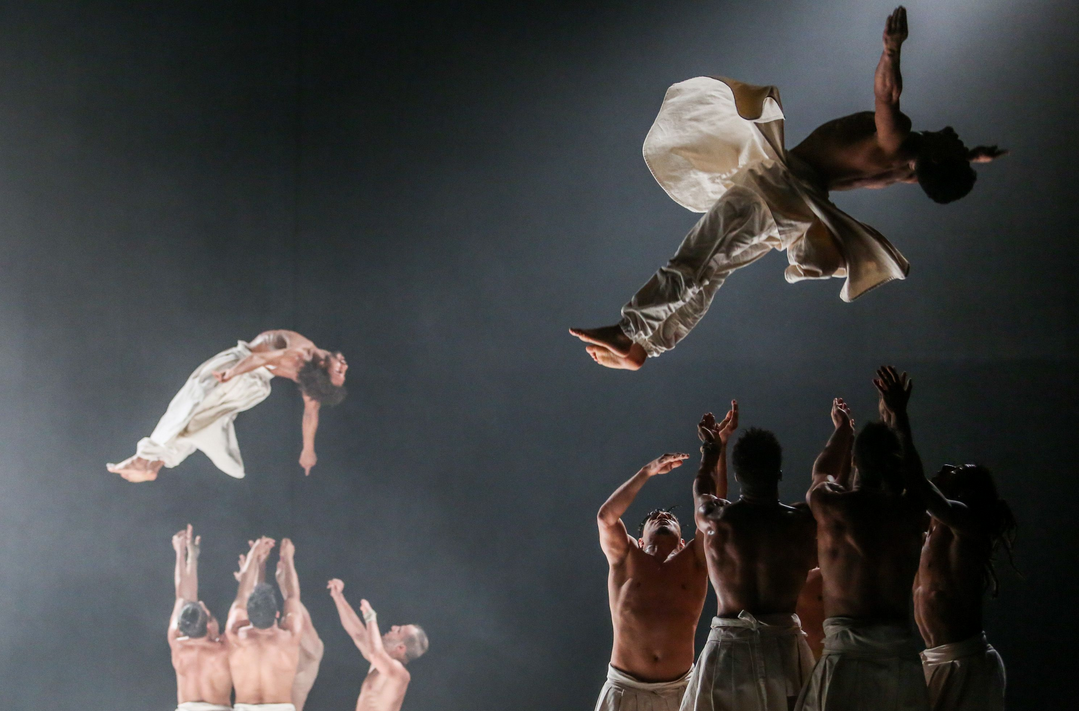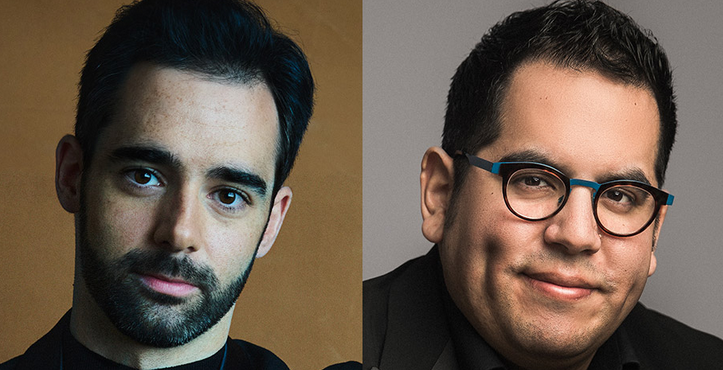The Film Society of Lincoln Center and the IFC Center are co-presenting the 2013 Human Rights Watch Film Festival. Films will be shown at the Film Society of Lincoln Center, located at 144 West 65th St. in NYC and the IFC Center, located at 323 Sixth Ave. (at West 3rd St.). The Benefit Screening and Opening Night film will be shown at the Film Society of Lincoln Center’s Walter Reade Theater, at 165 W. 65th St., NYC. The Festival runs from Thursday, June 13 thru Sunday, June 23, in NY.
I spoke with the Deputy Director of the Human Rights Watch Film Festival, Andrea Holley, whose organization will be presenting 20 films. Born in Miami and raised in Texas, Andrea Holley has worked with Human Rights Watch Film Festival since 1999. She has worked in Africa, Eastern Europe, United Kingdom and the Middle East.
“People like me who become involved in the human rights movement do so due to personal experience or they live in a certain place that brought about some sort of awareness. For me personally, growing up in Texas made me highly aware of a number of different human rights situations. Also, I was able to travel abroad when I was relatively young and got a better understanding of the different frameworks that apply in different places around the world. Therefore, I became much more enlightened to the fact there are a number of different systems and ideologies out there. I came to understand that the human rights framework proved to be a lens which allowed me to see things in a perspective that is not always as politically charged as others. In Texas, for example, they still have the death penalty. This is relates somewhat to one of the films in the festival, “An Unreal Dream: The Michael Morton Story.” Fortunately Mr. Morton did not face the death penalty but his case involved wrongful conviction. The conviction was eventually overturned due to DNA evidence and a series of investigations. But sadly wrongful convictions are not unusual,” remarked Andrea.
Human Rights Watch has a number of divisions. There is an Africa division, as well as a Europe and Central Asia division, etc., for the various global regions. These divisions handle children’s right, women’s rights, health and human rights and work collaboratively to cover a variety of issues. The film festival functions as an outreach tool wherein topics in the films generally correspond to aspects of the work Human Rights does. “Our role as staff is to find and select films. A big component of our festival is to have discussions after films to help folks process and reflect on what they have seen in order to gain more information. The Festival will showcase 20 films in NY covering a wide variety of themes and topics. Our key themes this year focus on traditional values in human rights, crisis and migration, human rights in the United States, and also focus on Asia,” explained Holley.
Films featured include: “Deepsouth,” regarding southern communities dealing with the HIV crisis. “Fatal Assistance,” a look at Haiti since the earthquake and the complexities resulting once humanitarian aid is dispersed. Also “The Act of Killing,” a documentary on Indonesia, regarding paramilitary responsible for a number of atrocities in Indonesia.” Anita (about Anita Hill); In the Shadow of the Sun, highlights the treatment of Albinos in Tanzania; The New Black depicts how the African American community deals with the marriage equality movement; Camera/Woman covers the lives of women in Morocco. For further scheduling and film info go to ff.hrw.org.
The director of the film “Tall as the Baobab Tree,” Jeremy Teicher, also talked with me. Jeremy is a Student Academy Award nominated director whose first feature film “Tall as the Baobab Tree” was ranked in the top 20 out of 170 feature films in Rotterdam. “I traveled to Senegal when I was a 19 year old university student. What I knew about Africa back then were merely the images I had seen from media. While in Senegal, I met teens my age. They are the first people from their town to get an education. We quickly became friends. I was inspired by their determination and optimism. I was struck how different my experience in real life was from what I saw in the media. That discovery is what sparked all the filmmaking I’ve done. I’ve worked with the same students about 5 years now. We did a documentary film entitled “This is Us,” about their daily lives. We did all sorts of different topics” said Jeremy.
Tradition plays a major role within the African community. That is important to understand. “My film which features early marriage by young girls (age 10-14) is a traditional practice that no longer fits with modern society. This is not a black and white situation which might be seen as evil and needs to be stopped, it’s not that simple. Even though the students I work with are modern and seek to make changes, they too are part of a culture with traditions. I think change needs to be approached from a position of understanding and empathy rather than condemnation. That is the approach we took in the film. We shot the film in a real village. The film blends reality with fiction but is based on the students’ individual experiences. All the other roles are played by their family members who are basically the same person as the character they play but in a slightly fictional scenario. The film is an interesting blend. It allows folks to hold up a mirror to view and examine what is happening in their culture, which right now is at the crossroads of change,” said the young director.
For info on this film see www.tallasthebaobabtree.com. For tickets to the 2013 Human Rights Watch Festival visit ff.hrw.org or see https://twitter.com/hrwfilmfestival.

